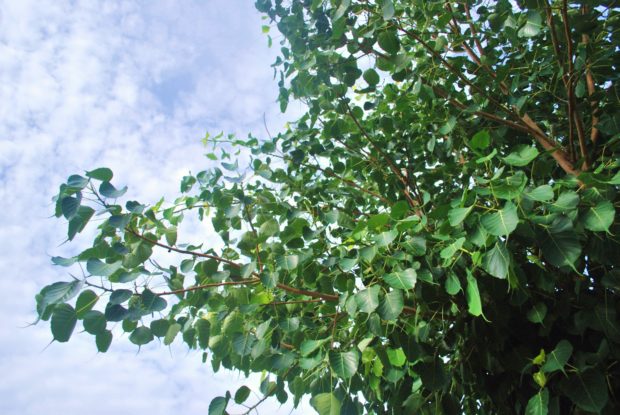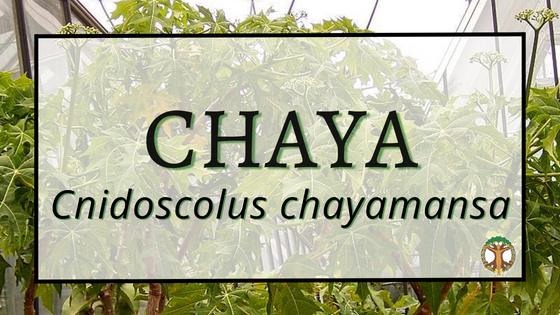-
Herbal Books: Staff Picks!
A common indulgence amongst all herbalists is none other than herbal books. That insatiable desire to read everything about all the things is real and endless. For some, that’s the initial knowing that herbalism is the path they should should dedicate themselves to. They feel this incredible, almost demanding, urge to sit with herbal information via their most trusted resources. Below our staff shares their most trusted books that have influenced their herbal journey. Chris Flocken, Bookkeeper Extraordinaire – “The Desert Year” by Joseph Wood Krutch “The flora, the fauna, the topography, the atmospheric conditions of the Sonoran Desert are among my oldest and dearest friends. The valley formed by…
-
Reclaiming the Practice of Self Care
At Florida School of Holistic Living, self care is a foundational component to our core curriculum. The core curriculum is indeed an elaborate herbalist training, but we have to care for ourselves if we’re going to be caring for others. As herbalists, we know it requires an immense amount of energy to hold space for others in need of healing. It’s uplifting to see the conversation of self care appear in the media. Publications like NPR and Girlboss are posting articles about self care which tells us large audiences are ready to receive the information (at least according to their market research). Slowly but surely, our society is becoming more…
-
[ Recipe! ] Mint Chocolate Lip Balm
Salves, ointments, and balms, all these different options can leave one feeling confused when it comes time to pick a topical remedy to treat a skin disorder. Which one is the right choice for you? Relax, there is no reason to feel confused any longer, the truth is they are all the same thing. Salves, or ointments as some prefer to call them, are topical remedies used to treat all manner of skin disorders from chapped lips, bug bites and cuts and scrapes to more serious issues like hives, rashes and eczema. And, because the skin is porous, salves can also be applied topically to treat internal issue like sore…
-
Are Flower Essences Safe for Our Furry Friends?
Flower essences are a beautiful and safe method of healing that have an important place in every herbalist’s apothecary. They’re easy to understand, simple to make, safe to use, and incredibly affordable. One of my favorite aspects of teaching about flower essences is how safe they are to use! Because flower essences are made using 3 steps of dilution, there are no contraindications – the worst that can happen is nothing! They’re so safe that you can use them with your animal friends. Indeed that’s one of my favorite ways of using them, as a cat mama! When I brought my first cat home, he was covered in fleas. I…
-
Autumnal Equinox – Friday, September 22, 2017
On Friday September 22, 2017, the Sun will enter Libra, crossing the equator and marking the Autumnal Equinox in the Northern Hemisphere and the Vernal Equinox in the Southern Hemisphere. The name ‘equinox’ comes from the Latin aequus (equal) and nox (night). On the equinox, day and night are equal in length, caused by Earth’s tilt on its axis and ceaseless orbit around the sun. We have an equinox twice a year – spring and fall – when the tilt of the Earth’s axis and Earth’s orbit around the sun combine in such a way that the axis is inclined neither away from nor toward the sun. Here in Florida, when Autumn Equinox arrives, we observe in nature that the…
-
Ten Year Anniversary of the Bodhi Garden
Happy 10th Birthday, Bodhi Tree! In 2020, The Florida School of Holistic Living home base relocated to Altamonte Springs, FL. We are no longer stewards of the Bodhi Tree Garden, but the history of our time in the garden remains alive on this page. In the summer of 2007, the board of the Florida School of Holistic Living gathered to consider how we could contribute in a more meaningful way to the Thornton Avenue neighborhood to which we had just moved our school. Staring at an eroded patch of sand on the property, and desiring for more green space with which to teach our students about plants, we began to…
-
Herbal Support for Insomia
Written by Lisa Ray. — It is an interesting coincidence that I am writing this on Sunday night since typically this was the night of the week where sleep used to elude me. Typically on Sunday night, I would get 2-4 hours of sleep, sometimes none at all. It was frustrating, staring at the ceiling desperately needing sleep, endlessly tossing/turning…exhausted. What a horrible way to start out a busy work week! The cycle of sleep deprivation would continue through the rest of the week where only massive intakes of caffeine and sugar would allow me to “make it through the day”. This self-medicating process would begin a Catch 22 cycle…
-
An Introduction to Permaculture
Written by our friends at Orlando Permaculture — The term permaculture comes from the words “permanent” and “culture. “ However, many people have different definitions for permaculture and rightly so. The reason for this is that permaculture can be a mix of things. It is a way to design creative strategies as well as long-term solutions. It involves processes based upon the observations and patterns of nature. Permaculture can even be an approach to navigate your everyday inner world. Just as diverse and varied our natural systems around the world, so are the applications of permaculture. It is a way of thinking that’s ahead of its time, but also connects…
-
Relaxing Summertime Herbal Tea Blend Recipe
Now that summer is coming to an end, the kids are getting ready to go back to school and the family is beginning to settle into their new routines for the upcoming school year, now is a good time to carve out some “me time” in your new routine. A delicious hot cup of a relaxing herbal tea blend while soaking in a warm scented herbal bath sounds just divine to me, don’t you agree? Heres a recipe for one of my favorite relaxing herbal tea blends. Relaxing Herbal Tea Blend Recipe Step 1: Place equal parts of the following herbs in a jar with a tight fitting…
-
Chaya
Chaya is used throughout Central America as a food staple, especially in rural villages where land-based living is still the norm.



